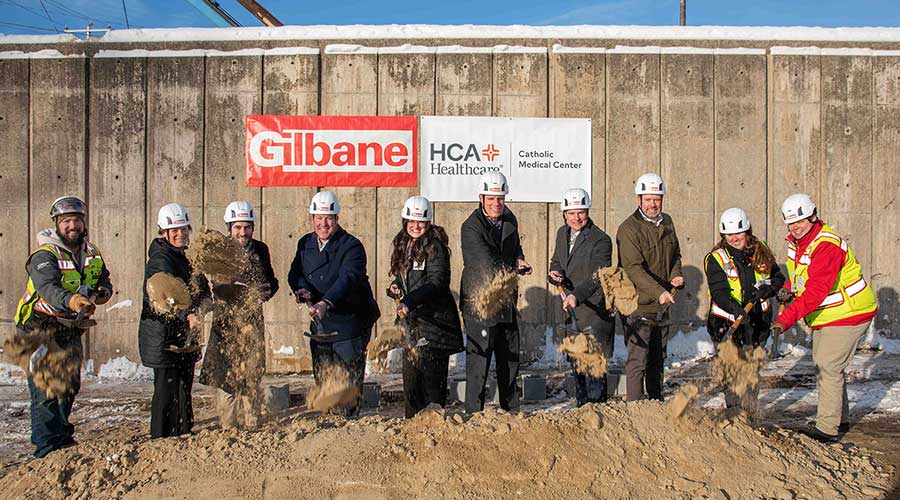In 2007, the seemingly new term "integrated project delivery" (IPD) was making its way through the inner circles of contractors, architects and owners. IPD was developed as a method to enhance lagging efficiencies in the construction industry.
During this time, it was no secret that major capital projects were a high-risk endeavor, potentially wrought with problems, cost overruns, finger pointing and backstabbing.
Furthermore, relationships began quickly deteriorating, problems ensued and the building owners were left holding the bag. IPD was the method that was going to transform the construction industry into a model of efficiency and teamwork.
Now, after approximately seven years, many of the “beta test” projects have been completed using the IPD Model. What have we learned? And, is it truly a transforming delivery model?
Is it relational?
IPD is billed as being a relational delivery method due to the Integrated Form of Agreement (IFOA) or tri-party contract which provides financial incentive to mitigate risk. This is a true statement from a contracting stance.
Many IPD contracts are developed to hold the project team members accountable when dealing with project risks. This is helpful to the lower tiered subcontractors and consultants who, in a traditional process, would usually bear the most risk in project issues.
In an IPD process, teams are incentivized by dealing with these issues quickly in order to get them completed in the most efficient and cost effective manner. If this doesn’t happen, it will increase costs which will in turn increase risks to their own incentives and profits.
Regardless of the delivery model, it is still impossible to contract trust. What held true in a traditional project still holds true in IPD. Teams must be able to trust one another.
The IPD team could possibly be the biggest factor in determining the success of a project. CBRE Healthcare has facilitated engagements where contractors, architects and owners believe they are ready for IPD only to find themselves slipping right back into traditional project delivery methods.
Just saying you are using IPD does not make it true. The attitude and culture must be sincere to ensure success.
McCurley is a principal consultant with CBRE Healthcare. Powell is a senior consultant with CBRE Healthcare.
Read the article with full graphics.

 The Top Three Pathogens to Worry About in 2026
The Top Three Pathogens to Worry About in 2026 Blackbird Health Opens New Pediatric Mental Health Clinic in Virginia
Blackbird Health Opens New Pediatric Mental Health Clinic in Virginia Baptist Medical Center Jacksonville to Get Inpatient Rehabilitation Unit
Baptist Medical Center Jacksonville to Get Inpatient Rehabilitation Unit Building Envelopes Emerge As Key Facility Components
Building Envelopes Emerge As Key Facility Components Catholic Medical Center Breaks Ground on New Central Energy Plant
Catholic Medical Center Breaks Ground on New Central Energy Plant